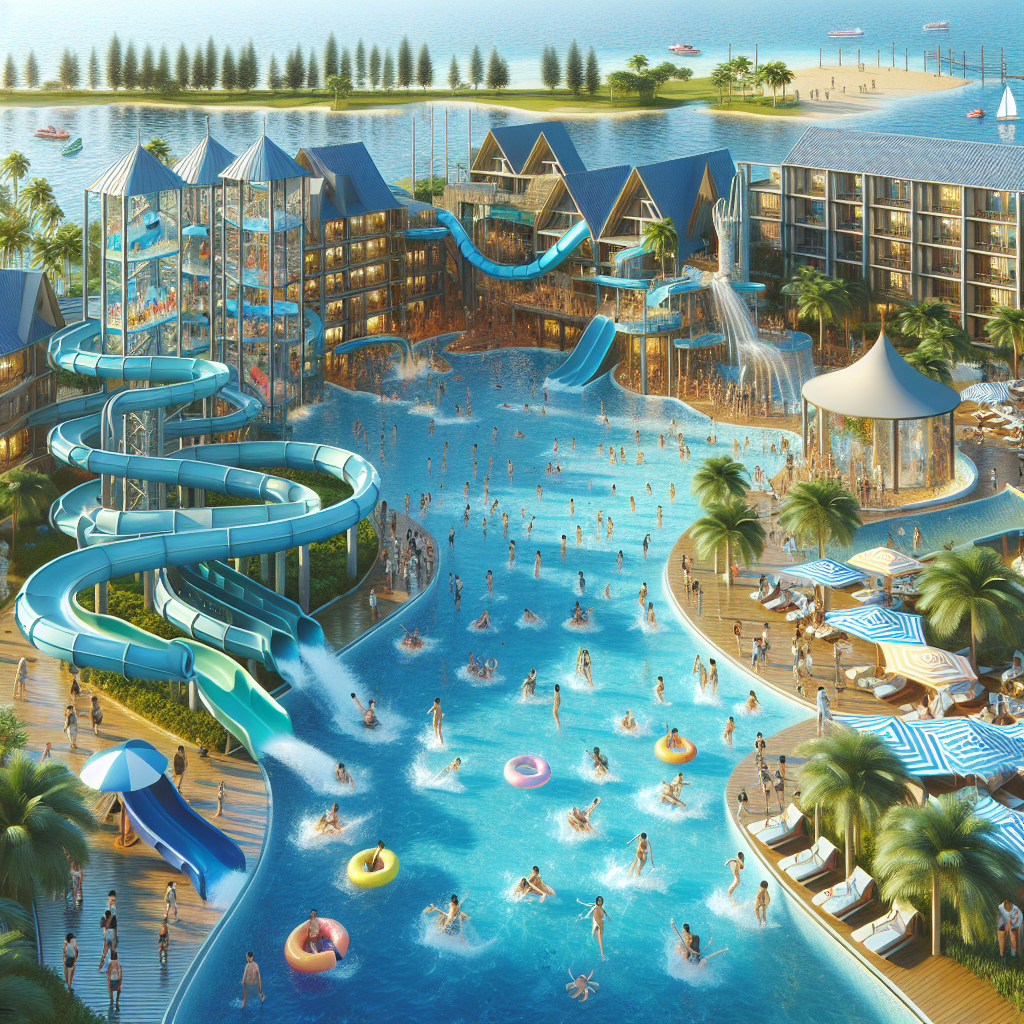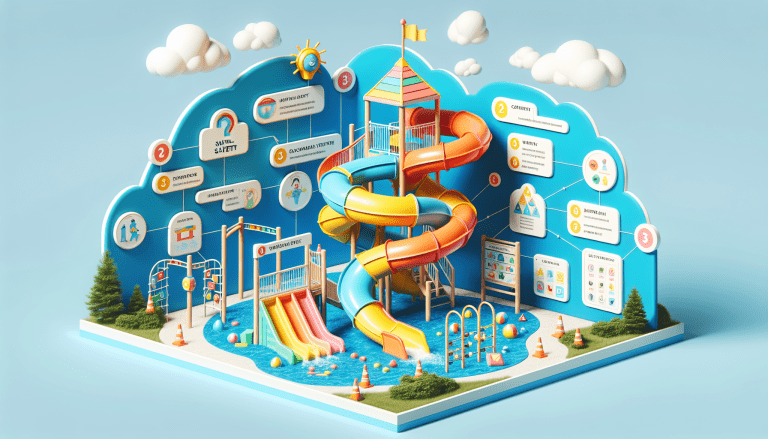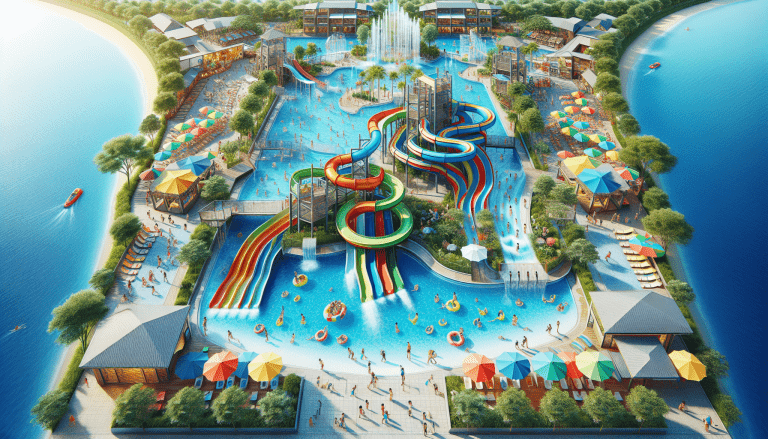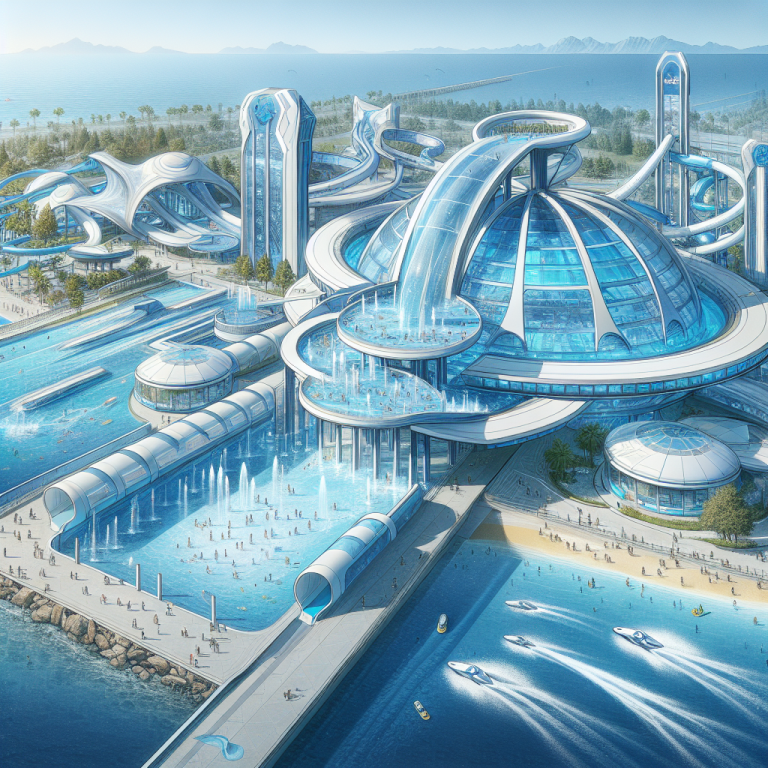Avoid These Water Park Operation Pitfalls
Audio:
Text:
Many operators who are new to managing water parks may face challenges in handling water park equipment, impacting their revenue and causing them to feel overwhelmed. They quickly realise that overseeing a water park is more complex than anticipated.
Observing other water parks that are running smoothly can be perplexing for these operators. Identifying operational issues is crucial to implementing effective solutions and averting crises. Here are some common pitfalls encountered in **water park operation**:
Pitfall 1: Inadequate Market Research and Overinvestment
Some investors believe that ‘bigger is better’ and pour significant capital into aqua park projects without conducting thorough market research. This approach can lead to fierce local competition and excessive investment, especially in smaller cities with limited population and economic capacity.
For instance, a water park in Hunan, China, is being developed on an international large-scale, with a planned area exceeding a thousand acres and a wave pool covering two hundred acres. Ignoring local market dynamics may result in unhealthy competition among water parks and unnecessary financial losses.
Pitfall 2: Poor Project Planning and Visitor Flow Management
Some developers focus heavily on purchasing water park equipment but neglect essential aspects such as park design, thematic elements, and operational strategies. Inadequate planning of visitor flow can lead to a subpar guest experience, increased complaints, and operational challenges.
For example, a water park in Zhejiang, China, invested heavily in imported Canadian water park equipment, with construction costs ranging from 400 to 500 million yuan. However, due to inadequate planning, the park’s investment recovery prospects remain uncertain.
Pitfall 3: High Ticket Prices and Low Visitor Return Rate
Setting excessively high ticket prices in the hopes of rapid cost recovery can deter visitors who find the prices beyond their budget. This pricing strategy can hinder visitor participation and impact the park’s profitability.
Pitfall 4: Lack of Theme Packaging and Limited Appeal
While the water park industry is experiencing rapid growth, many parks lack unique themes and cultural elements, relying solely on water park equipment. This results in a lack of diversity, reduced overall appeal, and a diminished competitive edge in the market.
Pitfall 5: Limited Product Mix and Seasonal Challenges
Water parks are characterised by their seasonality, operating for a relatively short period each year. The reliance on a single product offering leads to significant seasonal fluctuations, with peak visitation during summer and closures in winter and spring.






